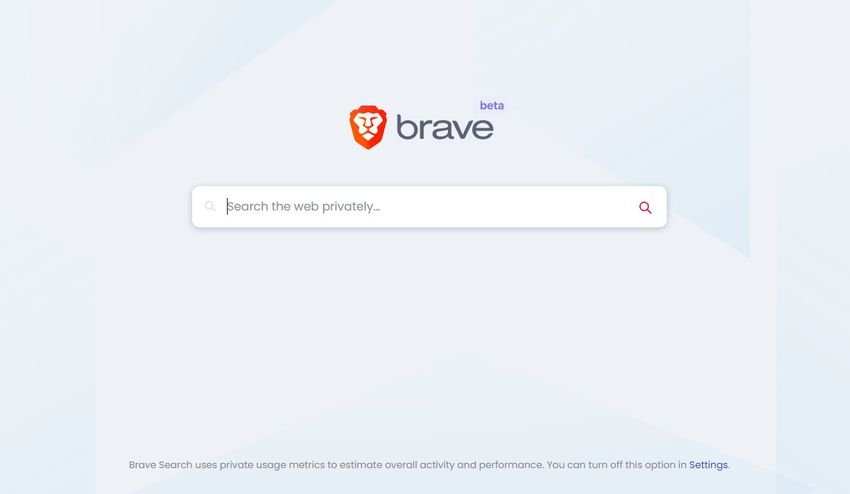The program Brave browser has its own machine search engine that focuses on your data privacy. Try its beta version.

Brave is a browser with its own private search engine. In March 2021 had bought the Tailcat search engine and now has a beta version of this service available to everyone.
With an appearance similar to him Chrome, the Brave search is already an exciting alternative to DuckDuckGo, as it also focuses on privacy.
For those who do not know, Brave is a web browser based on user privacy oriented Chromium. looks like Chrome or Edge, but automatically blocks crawlers, enforces HTTPS, and even has a built-in TOR browser. Instead of collecting and selling user data, Brave pays its bills with its own optional system, called BAT, which mines Ethereum through non-traditional, yet privately protected ads.
In addition, Brave uses an independent and transparent search index, allowing users to understand why their searches display certain results. Brave claims that its search engine is not biased in what it shows you, as its algorithms do not dictate search results.
The Brave Search Beta pulls its results from Bing. If you want, he will give you the results from Google, after he will do an anonymous search with the terms you have set for him and he will mix the results with his own, according to the judgment of his algorithm.
Also interesting is that Brave Search offers special image tabs, news and video results. You can try Brave Search Beta at search.brave.com. It is expected that this year, Brave Search will become the default search engine for the Brave browser.





